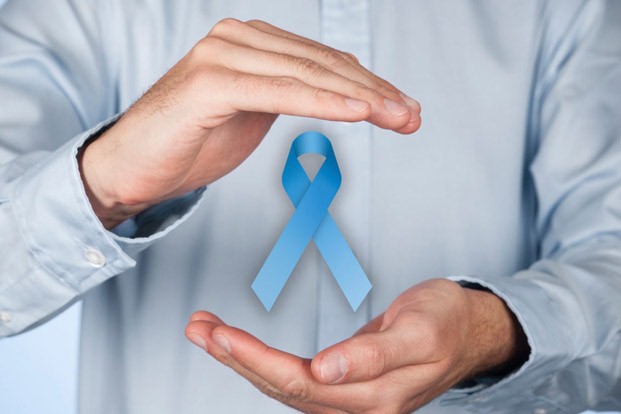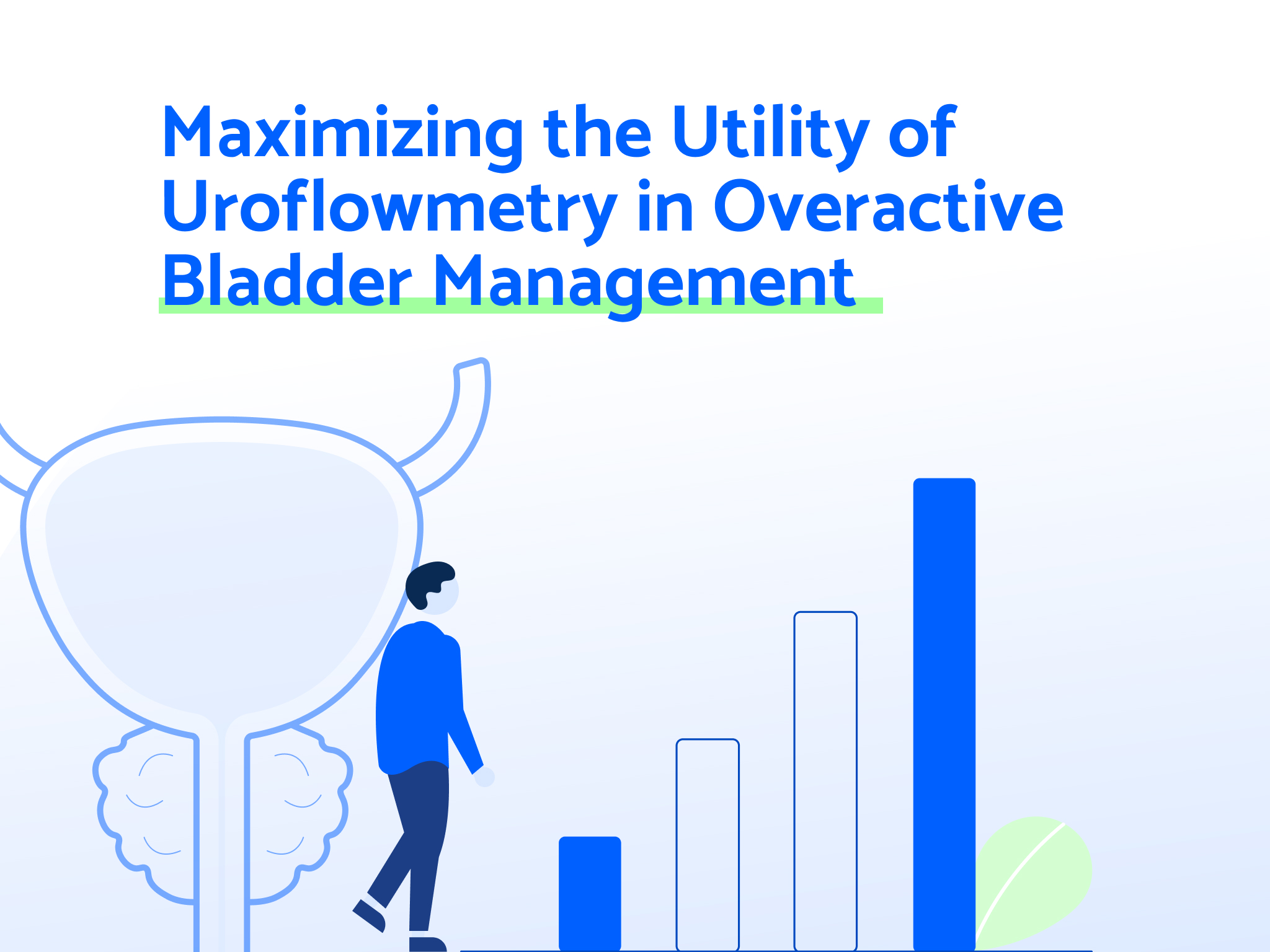
September 2, 2024
How To Quit Waking Up In The Evening To Pee National Organization For Continence
Rest High Quality Enhances With Help Of Urinary Incontinence Medicine News Facility Stanford Medicine Nocturia has actually additionally been linked to eating a great deal of salt. Research located that individuals who did not minimize their salt consumption experienced nocturia extra contrasted to participants who did lower their consumption. It places you to sleep when it is dark and wakes you up when it is light. For people with circadian rhythm disorders, this sleep-wake pattern is useless or may even be entirely reversed. In sharing your battle, you may find that other individuals in your life have bladder problems also. Stress and anxiety incontinence in men can be treated by dental implanting a man-made urinary system sphincter-- a tool that aids keep the urethra near to prevent leakages. Whatever the resource, you do not have to really feel that your OAB symptoms are beyond your control or that they are regulating your life. Actually, you might be able to take control over them simply by making some changes in your everyday actions. Consult your medical professional prior to attempting any treatment by yourself. It Urinary Incontinence Devices Adult Diapers Absorbent Pads Biofeedback Therapy Urology Clinics Continence Specialists Bladder Management Urological Health Continence Products Incontinence Surgery Bladder Retraining Kegel Exercises Urinary Catheters Medication for Incontinence Sacral Nerve Stimulation Incontinence Devices Continence Clinics Overactive Bladder Treatment Voiding Diary Urodynamic Testing Pelvic Floor Muscle Training Pessary Insertion Vaginal Sling Procedures Physical Therapy for Incontinence Electrical Stimulation Behavioral Therapy for Incontinence Urethral Bulking Agents Incontinence Pelvic Exercises Prolapse Management Continence Therapy Bladder Training Programs Botulinum Toxin Injections Lifestyle Modifications for Incontinence Fluid and Diet Management Urge Suppression Techniques Bladder Scanning Continence Care Programs Bladder Neck Support InterStim Therapy Transvaginal Tape Core Strengthening Exercises Pelvic Physiotherapy Pilates for Incontinence Muscle Rehabilitation Yoga for Pelvic Health Postpartum Recovery Programs Strengthening Devices Biofeedback for Pelvic Muscles Pelvic Organ Support Pelvic Muscle Training Aids is feasible to have both sorts of incontinence at the exact same time. This either indicates that the individual leakages urine continuously, or has regular uncontrollable leaking of large quantities of urine. Practical incontinence is more prevalent amongst elderly individuals and prevails in taking care of homes. Bladder muscular tissues can turn on involuntarily due to damage to the nerves of the bladder, the nervous system, or to the muscles themselves.Just how do I stop unexpected urine leakage?
your bladder's capacity. lifestyle adjustments such as slimming down and minimizing caffeine and alcohol.pelvic floor exercises, where you reinforce your pelvic floor muscle mass by squeezing them.bladder training, where you discover ways to wait longer between needing to pee and passing urine. If lifestyle adjustments don't boost your urinary system incontinence, consult with your healthcare specialist about other options. If lifestyle changes aren't helping you, your health care professional might recommend medication, a clinical device, a bulking agent, or & #x 2014; as a last resource & #x 2014; surgical procedure to help treat

Who Gets Urinary Incontinence?
By jotting down exactly how frequently you experience incontinence issues over the period of a couple of days, your service provider might be able to determine a pattern. You'll after that bring this journal with you to your consultation and speak about it with your service provider. Nonetheless, it's even more typical in certain teams and at particular times in your life. This is commonly related to maternity, giving birth and menopause. For instance, women and people appointed woman at birth are more likely to experience both OSA and nighttime peeing after menopause. While many factors may be associated with this raised danger, some scientists recommend hormonal adjustments may play a role. Incontinence can take place when the bladder muscles unexpectedly tighten and the sphincter muscles are not solid enough to pinch the urethra closed. This causes an abrupt, strong urge to pee that you might not have the ability to regulate. Stress triggered by chuckling, sneezing, or exercising can create you to leak urine.Just How Right After Beginning Kegel Exercises Will Urinary Incontinence Improve?
Therapies like bladder training, pelvic floor workouts, and medicines can help to enhance your general OAB symptoms. The experience of frantically dripping pee can be an embarrassing problem for many people. Urinary system incontinence is a loss of bladder control that's typically seen in older grownups and women who have delivered or experienced menopause. Urinary system tract infections (UTIs), pelvic flooring conditions and a bigger prostate are various other reasons. One of the first-line treatments for nocturia is making way of life changes.- Those numbers may not appear negative on paper, but Subak stated interfering with the rest cycle greater than as soon as every evening can start to take a toll.
- Several females with urinary incontinence have both stress and anxiety and prompt incontinence.
- Obstructive rest apnea (OSA) is the most typical form of this problem, and it's typically detected with a rest study.
- After a lengthy day, you've calmed down for a comfy evening's sleep.
- A valuable device for individuals who are taking care of somebody with cancer cells.
What Is Urinary System Incontinence?
If your regular urination is an aspect of aging, it's excellent to bear in mind that adults older than 60 should anticipate to make use of the restroom at least as soon as every evening. If you're in between 65 and 70 and going more than twice an evening, you must make a consultation with your medical professional. Also, see a medical professional if you're older than 70 and urinating more than 3 times each evening. Additionally, psychological wellness aspects and lifestyle adjustments, such as excessive weight and fluid intake, can add to the severity of OAB and nocturia. Seeking medical guidance from a urologist or health care expert is essential to address these worries adequately. Nocturia can cause long-lasting adverse effects such as rest loss and raise your threat for other health problems. Speak with a physician if you experience constant nighttime urination. 
Social Links